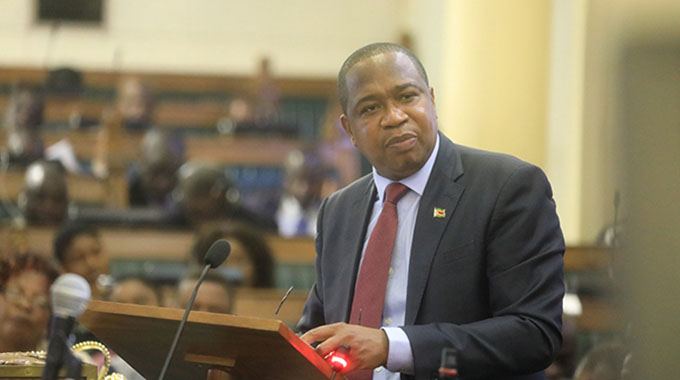
The Sunday Mail

THE revival of the metal casting industry is at the core of the country’s re-industrialisation agenda, a Cabinet Minister said on Friday.
Addressing the Zimbabwe Metal Casting Summit in the capital, Finance and Economic Development Minister Professor Mthuli Ncube said metal casting was one of the ways to beneficiate minerals, being pushed for by Government.
“As Government, through the NDS1 (National Development Strategy 1), we are fully aware of the need to re-industrialise and unlock Zimbabwe’s metal casting industry in the short, medium- and long-term plans we formulate.
“It is my belief as Minister of Finance that if we extract mineral metals through mining; beneficiate these through tool making and die casting, we can begin to re-industrialise our economy.
“Tool making and die casting, which are at the core of industry, enable us to make tools and parts for machines, once we build a strong capacity to make tools, machine components, and spare parts, we can easily transition to the manufacture of whole machines.
“Once we move up that value chain and can build machines, we can easily transition further to make and build industrial manufacturing systems. So, in my view this is the right way to go,” he said.
Prof Ncube reiterated Government’s commitment to the value addition of raw minerals materials, as it brought in more returns.
“Broadly, the key link to structural transformation is value addition and beneficiation of agriculture and mining output. Priority is therefore being placed on developing and strengthening existing value chains, decentralisation of industrialisation initiatives to provinces and districts and provision of a consistent, stable policy environment,” he said.
“It is important to note that as Government we cannot go this journey to Vision 2030 alone. Successful implementation of the NDS1 (and for this instance Moving Up the Economy through the Value Chains and Structural Transformation), requires full participation and commitment of all stakeholders through the Thematic Working Groups (TWGs) which were established during the NDS1 formulation process, comprising both
Government and non-Government representatives.
“This symposium represents a serious effort being made by all stakeholders to break the Silo mentality so that we work together for the structural transformation of our economy,” he said.
Prof Ncube said recent developments with regard to the current geopolitical tensions are a good reminder of the importance of import substitution as a strategy for sustainable economic growth in the country.
“Building resilience of the local economy is the centrepiece of Government policy interventions going forward. In this regard, the theme of the 2022 Budget, which is already underway, is ‘Reinforcing Sustainable Economic Recovery and Resilience’ and is focused on bolstering resilience to shocks and support economic recovery.
“Be assured that as Government we fully support the promotion of import substitution of metal products through relevant policy interventions,” he said.
Prof Ncube noted some of the challenges the metal casting engineering sector is facing, which include limited access to finance and foreign currency for importation of raw materials and capital equipment; stiff competition from imports; liberal export of scrap metals that starve the local industry of critical inputs; obsolete technology leading to high
cost of production and erratic power supplies; low product uptake particularly by the automotive sector; among others.
“On the part of the Government, we see opportunities to grow this industry and take advantage of various incentives that are available for all businesses that support import substitution and export generation,” he said. – New Ziana



